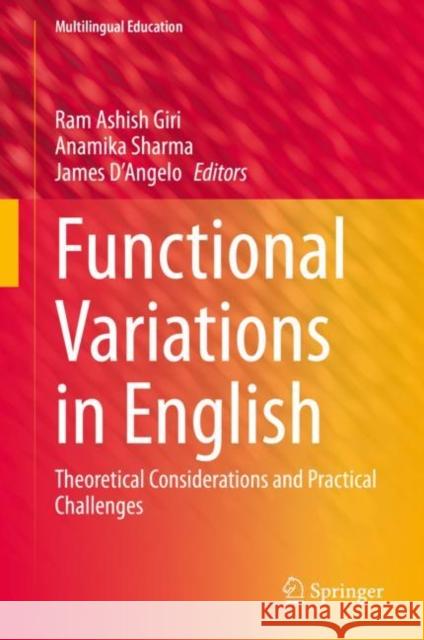Functional Variations in English: Theoretical Considerations and Practical Challenges » książka
topmenu
Functional Variations in English: Theoretical Considerations and Practical Challenges
ISBN-13: 9783030522247 / Angielski / Twarda / 2020 / 340 str.
Functional Variations in English: Theoretical Considerations and Practical Challenges
ISBN-13: 9783030522247 / Angielski / Twarda / 2020 / 340 str.
cena 402,53
(netto: 383,36 VAT: 5%)
Najniższa cena z 30 dni: 385,52
(netto: 383,36 VAT: 5%)
Najniższa cena z 30 dni: 385,52
Termin realizacji zamówienia:
ok. 16-18 dni roboczych.
ok. 16-18 dni roboczych.
Darmowa dostawa!
Kategorie:
Kategorie BISAC:
Wydawca:
Springer
Seria wydawnicza:
Język:
Angielski
ISBN-13:
9783030522247
Rok wydania:
2020
Wydanie:
2020
Numer serii:
000450976
Ilość stron:
340
Waga:
0.63 kg
Wymiary:
23.88 x 19.56 x 1.78
Oprawa:
Twarda
Wolumenów:
01











